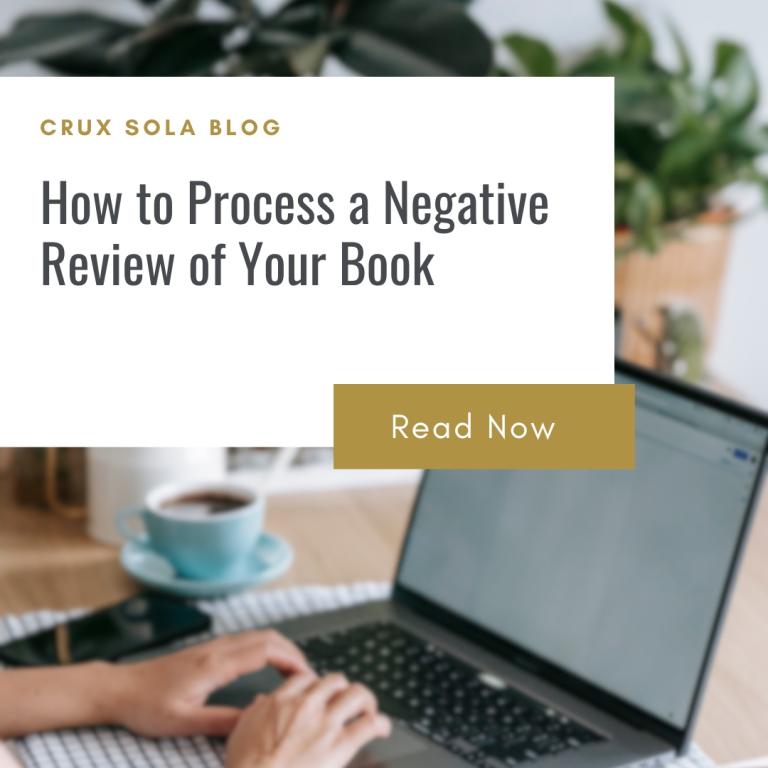If you are a doctoral student, or in your early or mid-career, you may be dreading the possibility of a negative review of your book, and perhaps also how that will affect your reputation. Believe me, I’ve been there. Just today, I saw that an academic I admire wrote a review of one of my books, and I opened up the review with great anxiety. But over the last fifteen years I have learned from colleagues, mentors, and friends some lessons for how not to freak out when this happens. (Also, the review didn’t end up being bad, it was pretty neutral, but I’ve had my fair share of negative reviews, so it is definitely possible!)
#1: It’s Bound to Happen
Not everyone is going to love your book. And it is the most natural thing within academia for there to be critical engagement and discussion—so, when you write a book, keep in mind this is normal. If you expect critical pushback, I think it’s easier to take.
#2: Hostile Reviews Hurt the Most, But Are Uncommon
Once in a while, I get a review of my books that is ad hominem, a clear gut punch from a scholar. Those hurt the most, because literally you are being attacked with words, but they are extremely uncommon (in published reviews; social media is a whole other issue).
#3: Readers of Negative Reviews Are Often Compassionate
It’s easy to assume that when someone writes a very negative review of your work, and others read it, they side with the reviewer as the “expert.” That’s not always the case. I think most people can sense when a reviewer is out of line or seems to have an axe to grind. Don’t assume that readers won’t be sympathetic.
#4: Just Move On
The first review of my first book (my dissertation monograph) was pretty negative. I—Was—DEVASTATED. It haunted me, for too long. It was only a couple of paragraphs, but it was soul crushing. The wisest advice, though it is hard to take, is: just move on. Put it out of your mind. Just because one person didn’t like your book or thinks its majorly flawed doesn’t mean everyone thinks the same way.
#5: Try to Remember: It’s An Honor To Be Reviewed
Scholars are busy, they don’t get paid to write academic reviews for journals, it takes a lot of time to read the book, write the review, receive edits, make revisions, and then see it published. So, hard as it may to keep in mind, it’s helpful to remember that is is an honor. Not all books get reviews, many don’t.
#6: Don’t Ignore the Positives
When I read a review of my work, I tend to fixate on the negative, then I cry to my friends and say, “Someone hates my book!” Certain good friends will reply back, “Was it all negative?” And usually I answer sheepishly, “….no.” Did they say positive things? “…yes.” So??? Yup. Later on (maybe weeks later), come back to those negative reviews and look again—are there positives that you missed in your wallowing in self-pity?
#7: Journal Reviews Are Attracting Fewer and Fewer Readers (I’m Speculating Here)
This is a guess, I don’t have data to prove this, but my hunch is that published book reviews are finding fewer readers. I think for a couple of reasons: (1) there is so much information saturation, a lot of reviews get lost in the crowd. I think more and more people are relying on one or two major journals (like RBL, CBQ) and then more niche journal reviews are just not getting many views. (2) People are finding “reviews” on social media; unfortunately, these tend to be little more than “hot takes” or rants, but that is what is free and easy to find and easy to consume in brief. All that to say, if your book gets a scathing review in a smaller or niche journal, chances are very few people are ever going to read it, and you are rarely going to bump those who have read it.
Should You Respond Publicly To A Negative Review?
In most cases, no, that approach will often backfire and could make you seem petty or thin-skinned. Often it is best to just move on. Is there a situation where a rejoinder is wise? In a rare case, a review has been published in a major outlet (print or online) and you might think it is a gross misreading of your work, and it truly deserves a rebuttal. In that case, you could contact the journal/outlet and ask the editor if you can write a response. If you get into a situation like that, keep your cool, respond fairly to the review and focus on what was said, not the person who was saying it. I’ve read some of those rejoinders and they can be really insightful if done with a professional tone and spirit.













